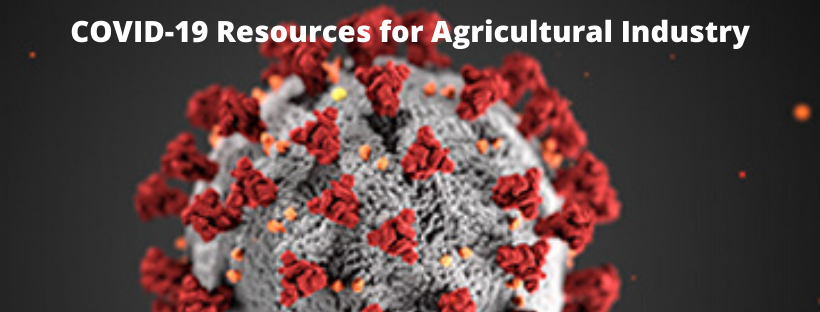
The Connecticut Department of Agriculture is no longer updating this content. For current information about the status of the COVID-19 pandemic, vaccines and boosters, visit the Centers for Disease Control and Prevention: Coronavirus Disease 2019 (COVID-19) | CDC.
Below we have archived information from various sources related to COVID-19 for your reference.
AGRIBUSINESS GENERAL INFORMATION
COVID-19 Vaccination & the Food and Agriculture Sector from the FDA
USDA FSA and NRCS Service Center Information
COVID-19 Guidance from the National Milk Producers Federation
State Public Health Veterinarians and Animal Health Officials- From the CDC

